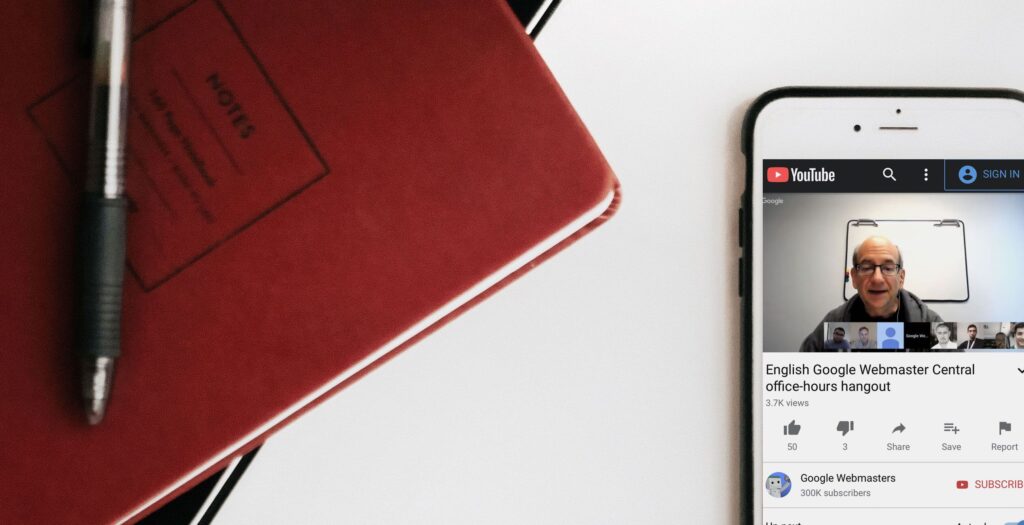In the Google Webmaster Hangout on 25th September, John Mueller offered a way to decide whether to canonicalize a page and clarified a commonly-held belief over whether external links help SEO. Here are our highlights.
Duplicate content penalties
1:00: There is no duplicate content penalty, ‘except for cases where sites are only aggregating content from other sites and there’s no unique content at all there’.
Conditions for canonicalizing pages
02:47: In response to a question about whether to canonicalize size facets of a product in an eCommerce store, John used the phrase ‘stand on their own’ to describe pages that should be kept as canonical URLs and therefore indexable.
“I try to look at this more from a user point of view: is this page something that would stand on its own? Is this something that the users would be searching for, or this essentially just an alternative of a different page?”
He then discussed this same idea at point 39:10 (see below for notes).
Hangout regular Mihai Aperghis suggested adding any unique content (such as size information) from the canonicalized pages to the canonical pages so that it will be seen.
Next Penguin or Panda update?
27:16: Google is still working on a faster Penguin update, but there is no more information on when this might be released. John did mention the delays that can occur when an update is released, suggesting that Google was ready to release something recently, but had to delay.
When asked whether the next Penguin update will allow it to run in real-time in the future, John confirmed: “That’s the plan.”
Linking to the canonical URL in internal links
37:00: As mentioned in a previous Hangout, Google recommend only including canonical URLs in internal links, to avoid giving search engines conflicting information about which version of the URL that you want them to index.
More about canonicalizing
39:10: “If the descriptions on that page are really unique and really make this page something that make this page different from the rest, then by all means use them separately and don’t fold them together with the canonical.
“But if you’re saying that these pages are essentially the same – [for example] one is blue shoes and another is shoes in blue – then that’s something that makes sense to fold them together.”
There is no SEO advantage to linking externally
41:15: John clarified that using external links in your site does not make a direct difference SEO-wise:
“It is not something that we would say that there is any SEO advantage of linking to someone else’s site. But if you think this is a link that helps users understand your site better, then maybe that makes sense.
“So regardless of what you are linking to, maybe a manufacturer of something that you have, a trade organization you are active in, general other government site or some other website that you think makes sense, if that is something that works for users by all means, go ahead and do that.”
Linking to quality external sites could help engagement, usability and other secondary benefits which could help SEO performance. For example, linking to other people’s sites might help you generate links and build relationships, and people are less likely to bounce back to the SERP if they can find another useful resource on your site.



